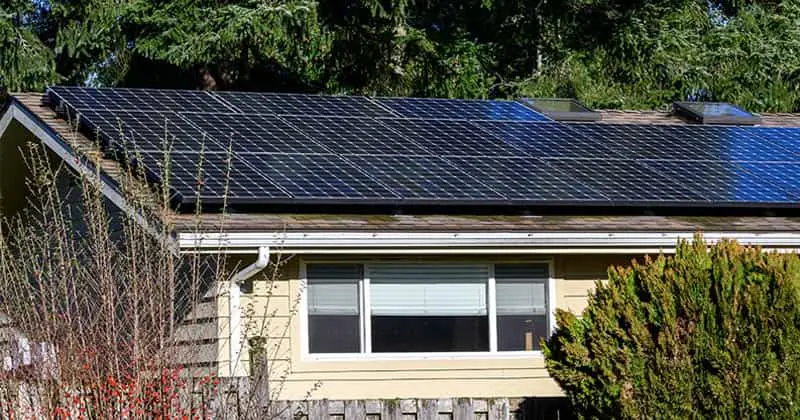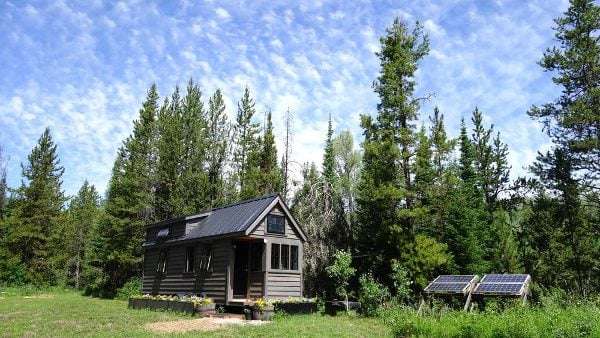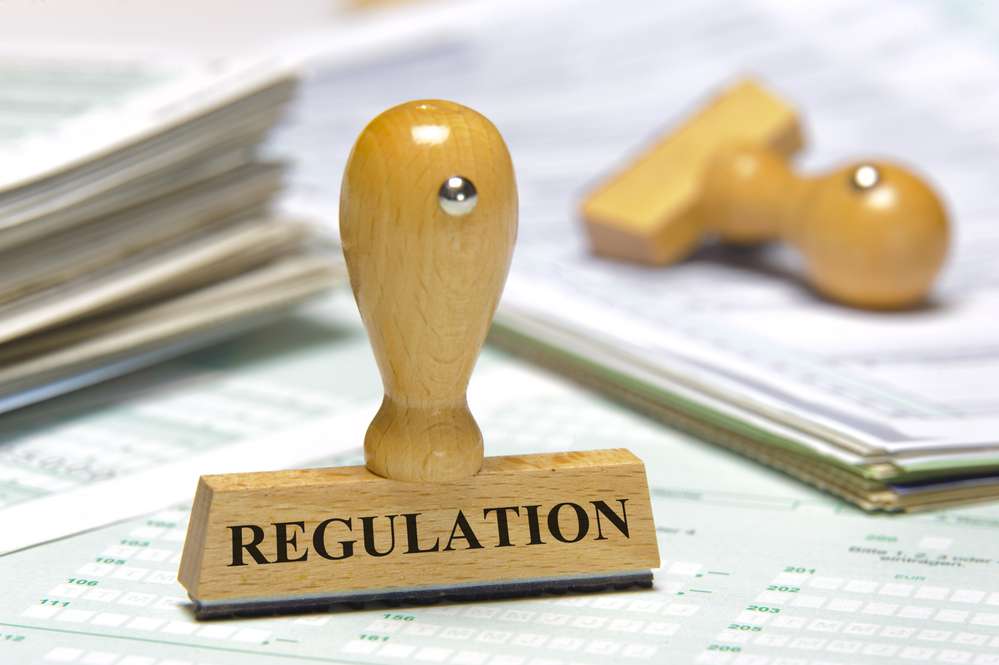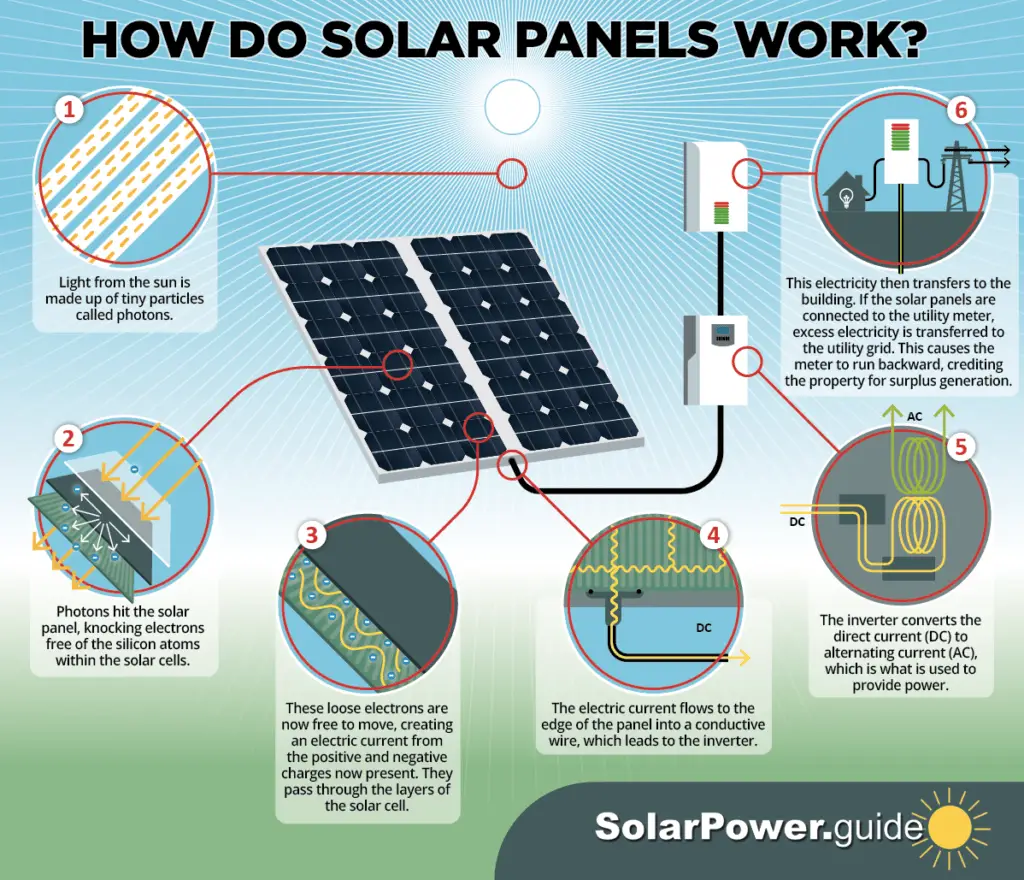Living off the grid in Rhode Island may sound like an enticing idea, but you’ll soon discover that it’s not as easy as it seems. With strict building code requirements for water, electricity, heating, and water heaters, navigating the regulations can be a daunting task. Add to that the expensive land prices, high taxes, and limited job availability, and you’ve got yourself a real challenge. But that’s not all – Rhode Island’s continental humid climate with hot summers and cold, windy winters further complicates matters. Despite these obstacles, there are still some crops that thrive off the grid, such as potatoes and sweet corn, and the state boasts a thriving dairy industry. However, it’s important to note that freshwater availability is good but groundwater closer to the coast may be contaminated by saltwater. And when it comes to generating power, solar may be compromised by saltwater corrosion, but wind power is a viable option. So, while living off the grid is legal in Rhode Island, it’s certainly not for the faint of heart. In fact, it may be easier to start your off-grid journey in the vast wilderness of Alaska.
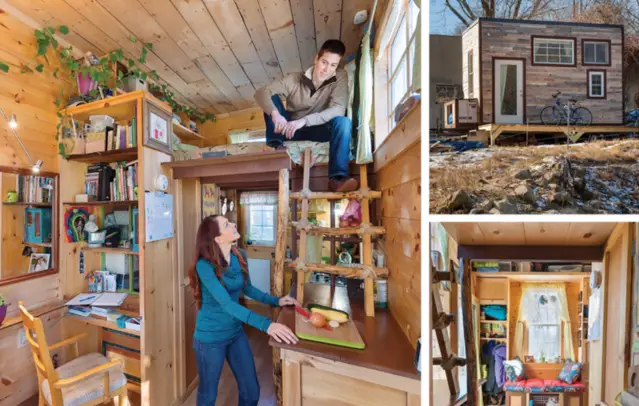
Building Code Requirements
When it comes to living off the grid in Rhode Island, there are several building code requirements that you need to consider. This includes water, electricity, heating, and water heater. These requirements are in place to ensure that your off-grid lifestyle meets certain standards and regulations.
In terms of water, you will need to have a reliable and sustainable source of water. This could be through a well or a rainwater collection system. It is important to ensure that your water supply is clean and safe for consumption.
Electricity is another important aspect of off-grid living. You will need to have a reliable energy source to power your home. Solar power is a popular choice, as Rhode Island receives a good amount of sunlight throughout the year. Wind power is also a viable option, especially if you live in an area with strong and consistent winds.
Heating is essential, especially during the cold, windy winters in Rhode Island. You will need to have a heating system in place that is efficient and sustainable. Options for off-grid heating include wood-burning stoves, pellet stoves, and solar thermal systems.
Lastly, you will need to have a water heater that is suitable for off-grid living. This could be a solar water heater or a propane-powered water heater. It is important to ensure that your water heater meets the necessary energy-efficient standards.
Challenges of Living off the Grid in Rhode Island
Living off the grid in Rhode Island comes with its fair share of challenges. One of the biggest challenges is the expensive land prices. Rhode Island is the smallest state in the US, but land prices are still quite high. This can make it difficult for individuals or families to afford a piece of land to live off the grid.
Another challenge is the high taxes in Rhode Island. The state has one of the highest tax burdens in the country, which can make it financially challenging for off-grid living. It is important to factor in these high taxes when considering the cost of living off the grid.
Limited job availability is also a challenge in Rhode Island. The state has a smaller population compared to other states, which means that there are fewer job opportunities available. This can make it difficult to find stable employment while living off the grid.
Climate in Rhode Island
The climate in Rhode Island is classified as a continental humid climate. This means that the state experiences hot summers and cold, windy winters. During the summer months, temperatures can reach the 90s, while winter temperatures can drop well below freezing.
The hot summers can provide ample opportunity for solar power generation, as Rhode Island receives a good amount of sunlight during this time. However, the cold winters can pose a challenge for off-grid living, especially when it comes to heating. It is important to have a reliable and efficient heating system in place to combat the cold temperatures and strong winds.
Agriculture in Rhode Island
When it comes to off-grid living, agriculture plays a vital role in sustaining oneself. In Rhode Island, there are certain crops that are well-suited for off-the-grid living. These include potatoes and sweet corn. Potatoes are a sturdy and versatile crop that can be grown in a variety of soil conditions. Sweet corn, on the other hand, is a staple food crop that provides a good source of nutrients.
In addition to crops, Rhode Island also has a strong dairy industry. The state produces a lot of dairy products, including milk, cheese, and yogurt. For those looking to live off the grid, dairy product production can be a viable option for self-sustainability.
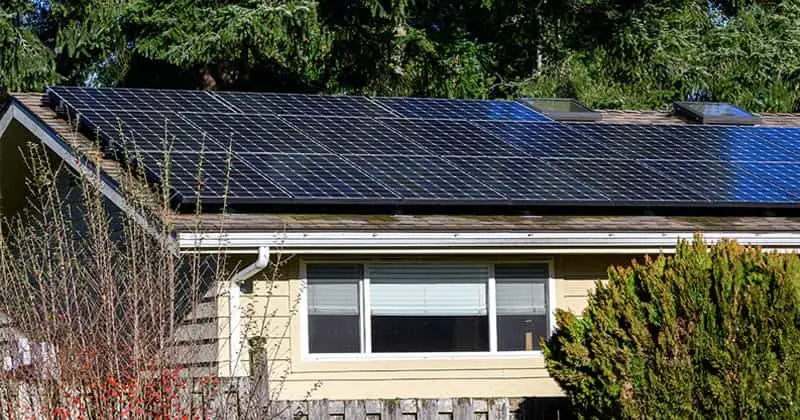
Water Availability
Access to water is crucial for off-grid living, and Rhode Island is fortunate to have ample freshwater availability. Whether through wells or rainwater collection systems, there are plenty of options for obtaining a reliable water supply. However, it is important to note that groundwater closer to the coast may be at risk of contamination from saltwater intrusion. This is something to consider when choosing your off-grid location.
Wildlife in Rhode Island
Rhode Island is home to a diverse range of wildlife. From the majestic deer to the playful raccoons, there is no shortage of animal encounters to be had. Other wildlife species include opossums, turtles, coyotes, skunks, and various fish species. Living off the grid in Rhode Island provides the opportunity to connect with nature and observe these animals in their natural habitats.
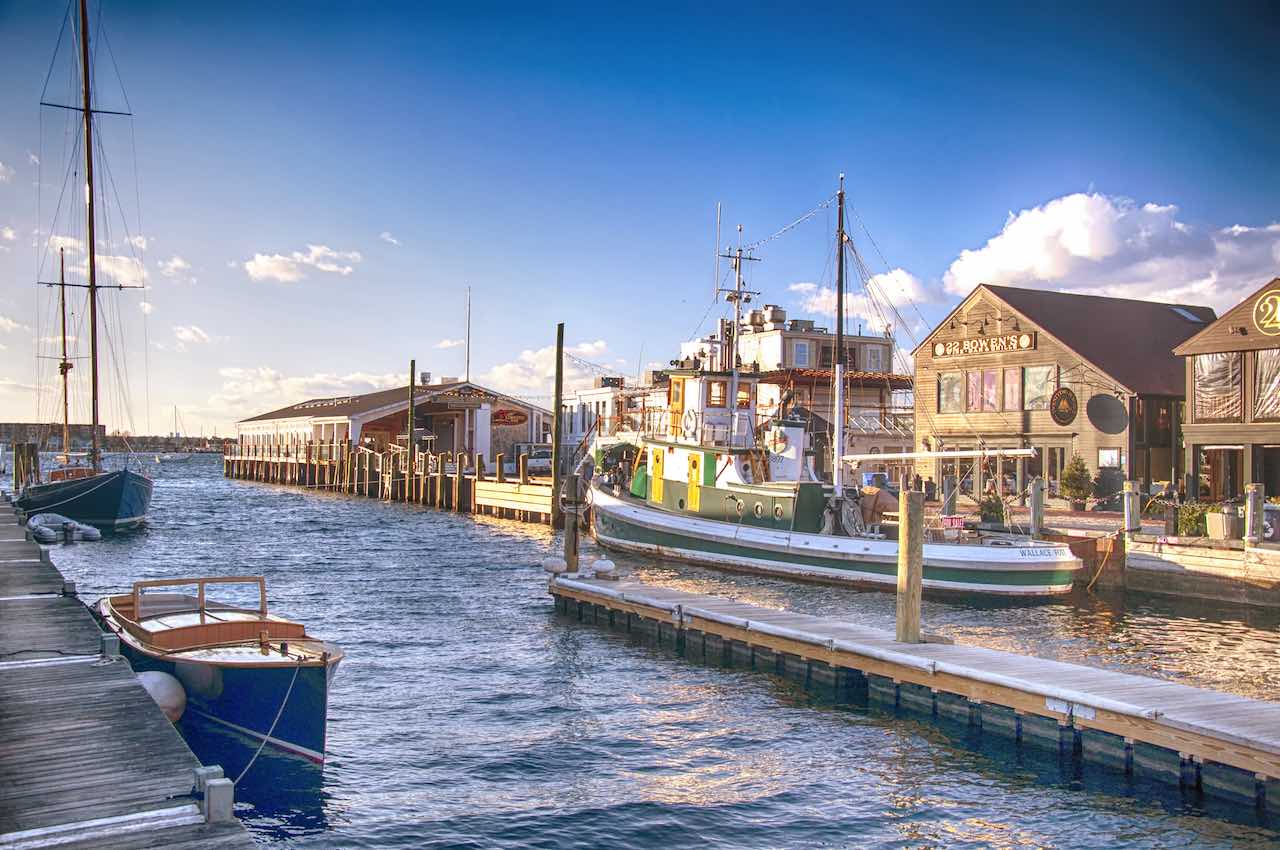
Off-Grid Power Generation
When it comes to generating off-grid power in Rhode Island, there are a few options to consider. Solar power is a popular choice, as the state receives a good amount of sunlight throughout the year. However, it is important to factor in the potential effects of saltwater corrosion on solar panels, especially if you are located near the coast.
Another option for off-grid power generation is wind power. Rhode Island is known for its strong and consistent winds, particularly near the coast. This makes it an ideal location for installing wind turbines to harness the power of the wind and generate electricity.
Road Conditions in Rhode Island
Road conditions in Rhode Island can be challenging, especially during winter. The state is known for its low quality of roads, with many potholes and cracks. This can make travel difficult, especially if you live in a remote off-grid location. Additionally, winter road conditions can be treacherous due to snow and ice. It is important to have proper transportation and be prepared for these conditions if you choose to live off the grid in Rhode Island.
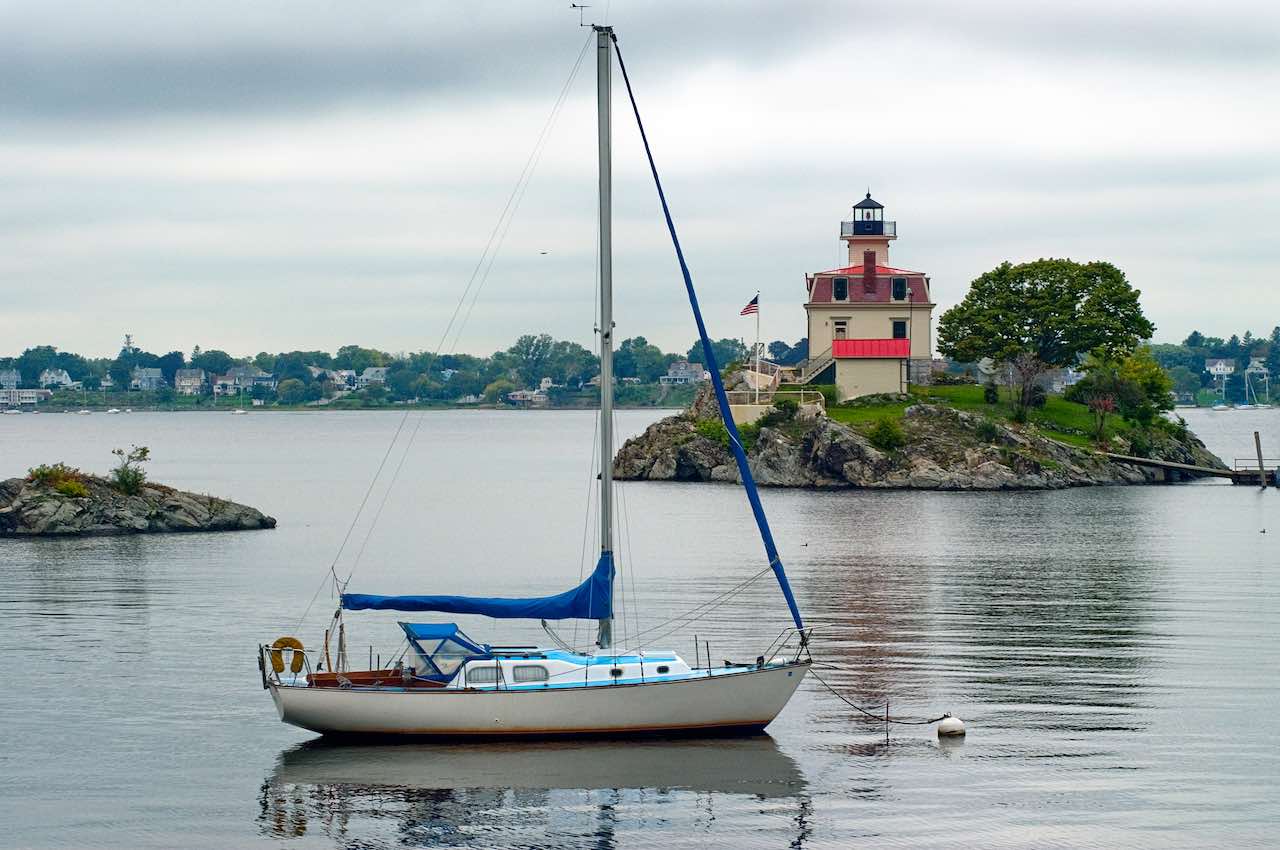
Job Availability in Rhode Island
Job availability in Rhode Island can be limited, especially in rural areas. The state has a smaller population compared to other states, which means that there are fewer job opportunities available. However, if you are looking for higher-paying jobs, the city of Providence tends to have more options. It is important to consider your job prospects and potential income sources before committing to living off the grid in Rhode Island.
Legality of Living off the Grid in Rhode Island
Living off the grid in Rhode Island is legal, but it can be a challenging option. The high cost of living and taxes in the state can make it difficult to sustain an off-grid lifestyle. It is important to carefully consider your financial situation and budget before making the decision to live off the grid in Rhode Island.
In comparison, Alaska is often considered one of the easiest states to live off the grid. The vast land, abundance of resources, and lower population density make it more feasible for individuals or families looking to live off the grid. However, each state presents its own unique challenges and opportunities, so it is important to evaluate your specific needs and circumstances before making a decision.

